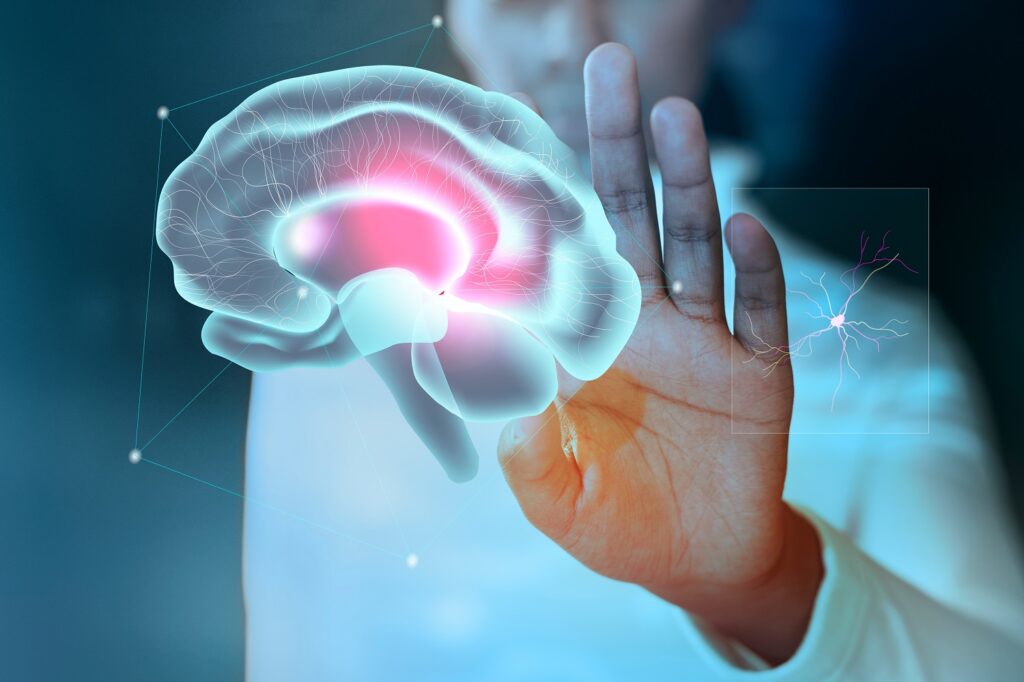A 54-year-old man with a history of type-II Diabetes, stroke, alcohol use disorder, and major depressive disorder. He has been hospitalized numerous times for clinical monitoring of alcohol withdrawal. Recently he was presented at the emergency department with symptoms of alcohol withdrawal including tremors, anxiety, and diaphoresis. The patient was a social drinker before the stroke consuming about 2 drinks per week. Furthermore, he was not able to engage in other activities that he had previously enjoyed. Also, his diabetes progressed. With treatment, the patient was able to maintain sobriety for a year. Alcohol withdrawal was managed with lorazepam and oral chlordiazepoxide. Due to the complex psychiatric and neurologic mechanisms diagnosis becomes a challenge for a patient like this.
Results
a) The complex psychiatric and neurologic mechanism
Due to the complex psychiatric and neurologic mechanisms, it becomes difficult for clinicians to both diagnose and treat given the immense potential for overlap between the symptoms as well as the degree to which they might exacerbate or conversely mask one another.















